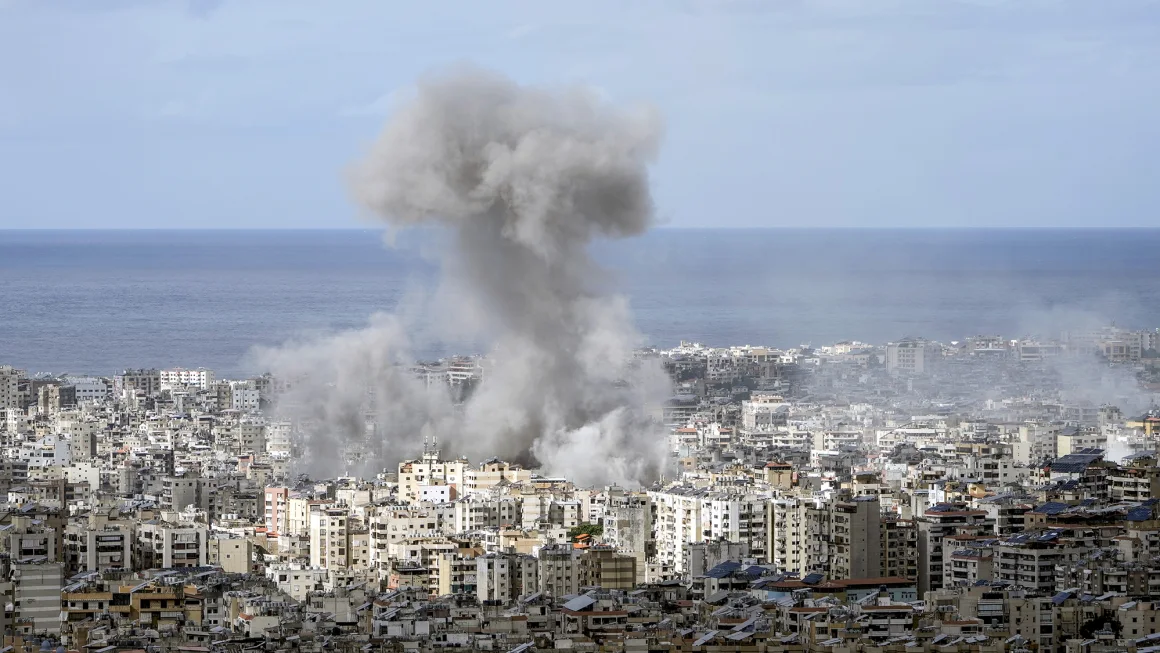The Israeli cabinet is set to convene for an important vote regarding a proposed ceasefire deal with Lebanon. This decision comes amid escalating tensions and ongoing conflict in the region, prompting the need for diplomatic solutions to ensure stability and peace.
Background
The situation between Israel and Lebanon has been marked by a history of conflict, with various skirmishes and military operations occurring over the years. Recently, the intensification of hostilities has raised concerns both domestically and internationally about the potential for a broader conflict. In response, Israeli officials have been exploring avenues for a ceasefire to de-escalate tensions.
Key Components of the Ceasefire Deal
The proposed ceasefire deal includes several critical components aimed at fostering a lasting peace. Key elements may involve:
Immediate Cessation of Hostilities: Both sides would agree to halt military operations to prevent further casualties and destruction.
Humanitarian Assistance: The deal may facilitate the delivery of humanitarian aid to affected areas, addressing urgent needs for food, medical supplies, and shelter.
Monitoring Mechanisms: International bodies might be involved to monitor compliance with the ceasefire, ensuring that both parties adhere to the terms agreed upon.
Political Implications
The cabinet’s decision is expected to be contentious, with varied opinions among ministers regarding the best approach to the situation. Some officials advocate for a strong military response, while others emphasize the importance of diplomacy and negotiation to achieve long-term peace.
Prime Minister [Name] has called for unity in pursuing a path that prioritizes the safety of Israeli citizens while also recognizing the need for regional stability. The cabinet’s vote will reflect the government’s stance on how best to navigate these complex geopolitical challenges.
International Response
The international community is closely watching the developments surrounding the ceasefire deal. Various nations and organizations have expressed support for diplomatic efforts to resolve the conflict, emphasizing the need for dialogue and negotiation over military confrontation.
The outcome of the Israeli cabinet vote will likely influence not only the immediate situation with Lebanon but also broader regional dynamics, including Israel’s relations with other neighboring countries.
Conclusion
As the Israeli cabinet prepares to vote on the proposed ceasefire deal with Lebanon, the stakes are high. The decision will play a crucial role in shaping the future of Israeli-Lebanese relations and could have significant implications for regional peace and security. The global community remains hopeful that this move toward diplomacy will pave the way for a more stable and peaceful future for both nations.

